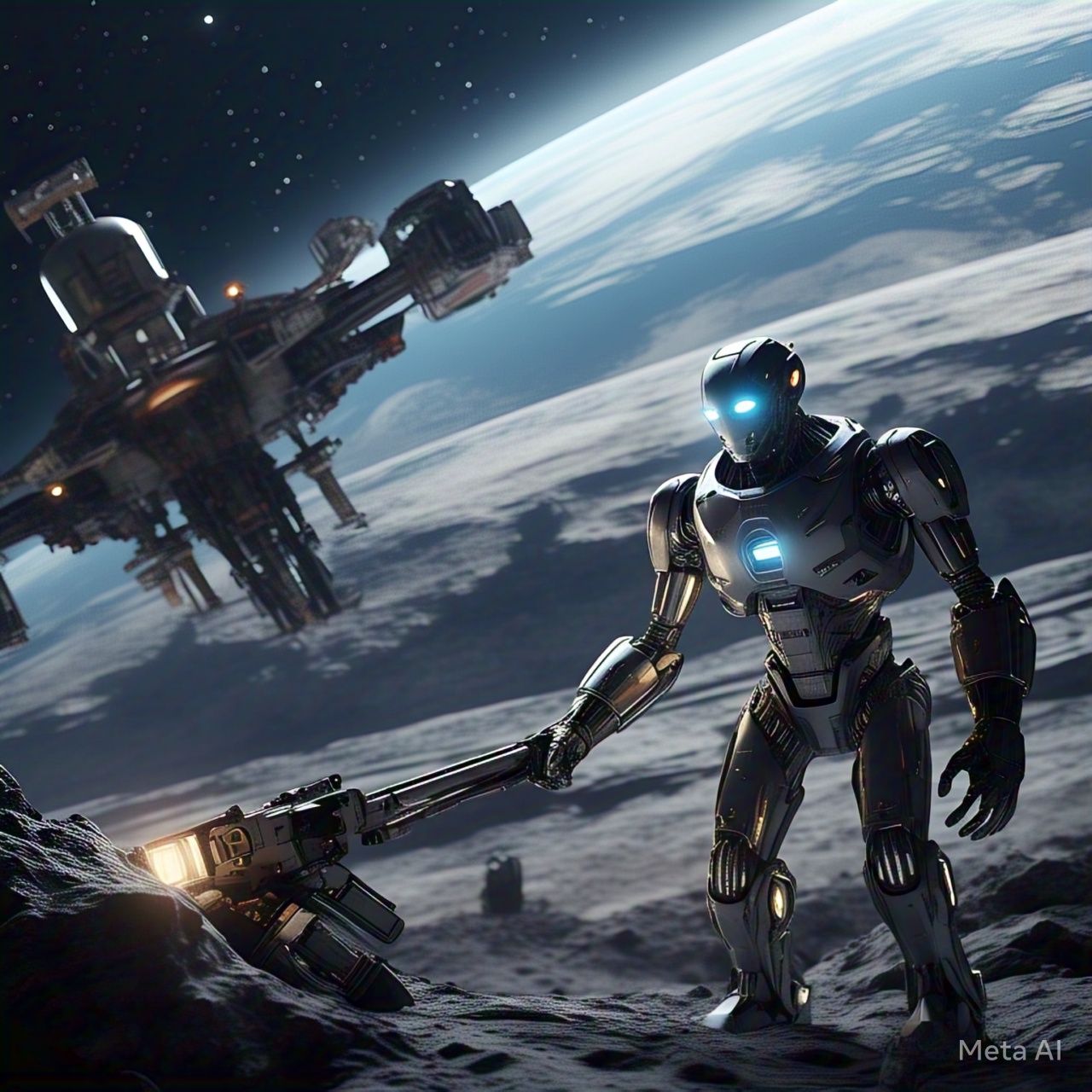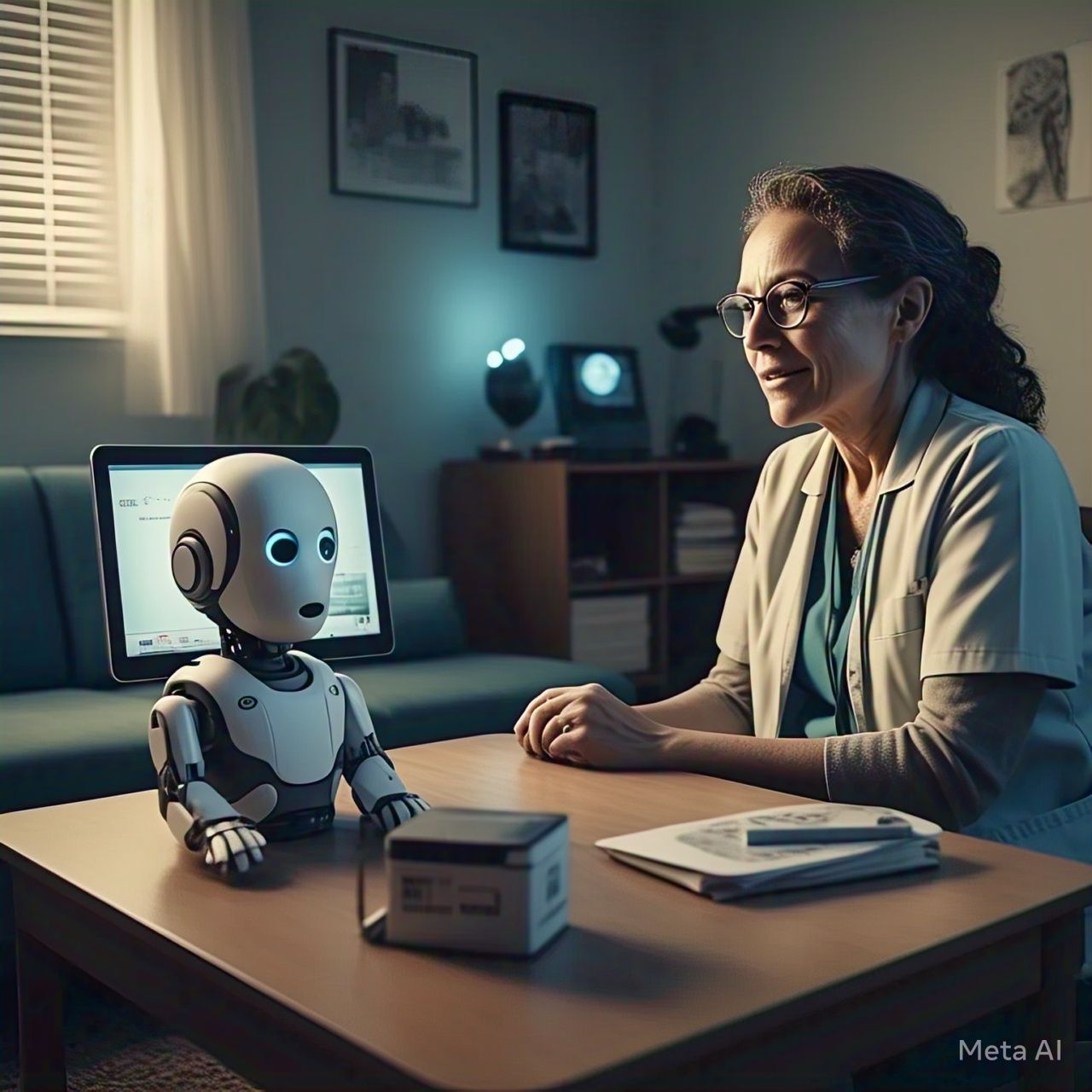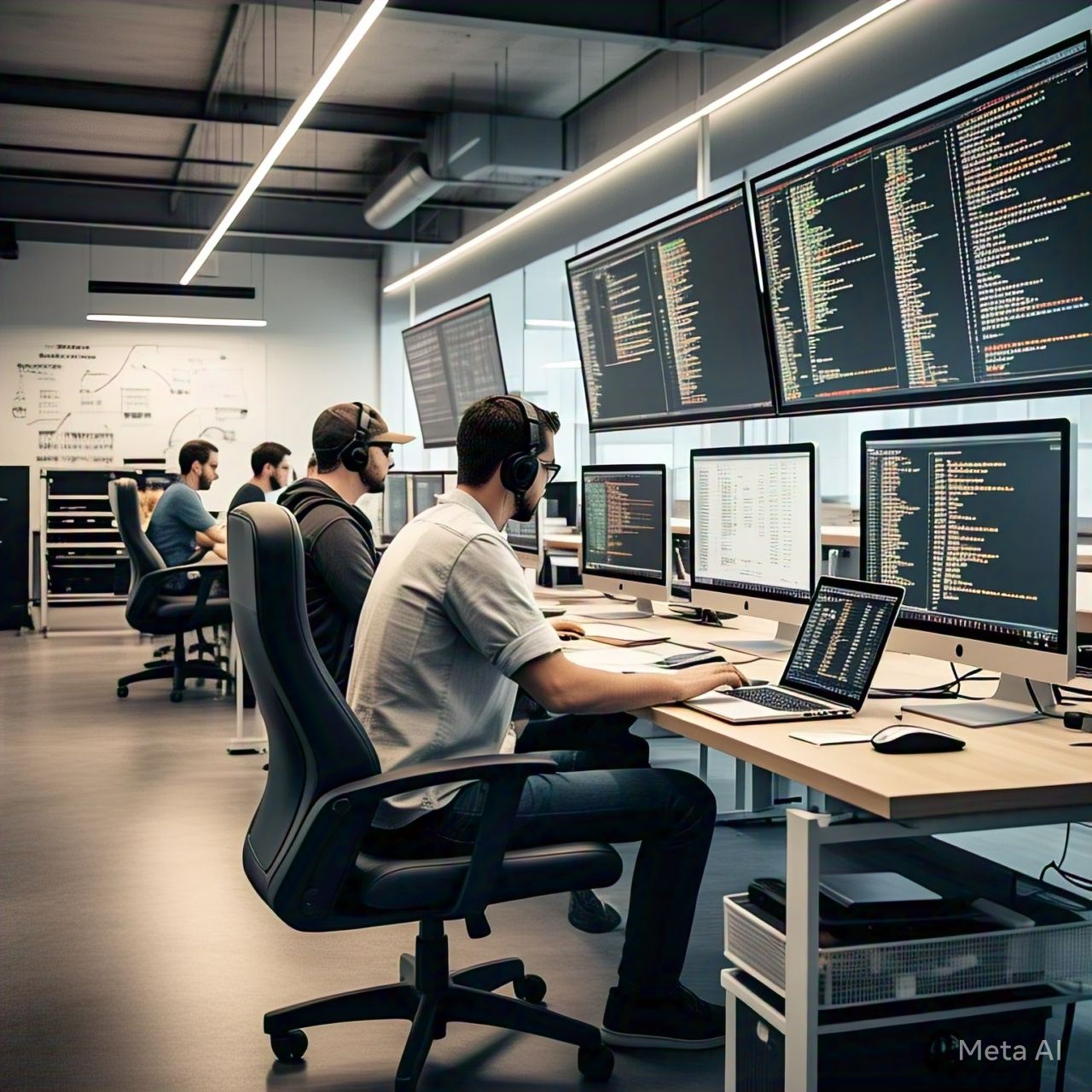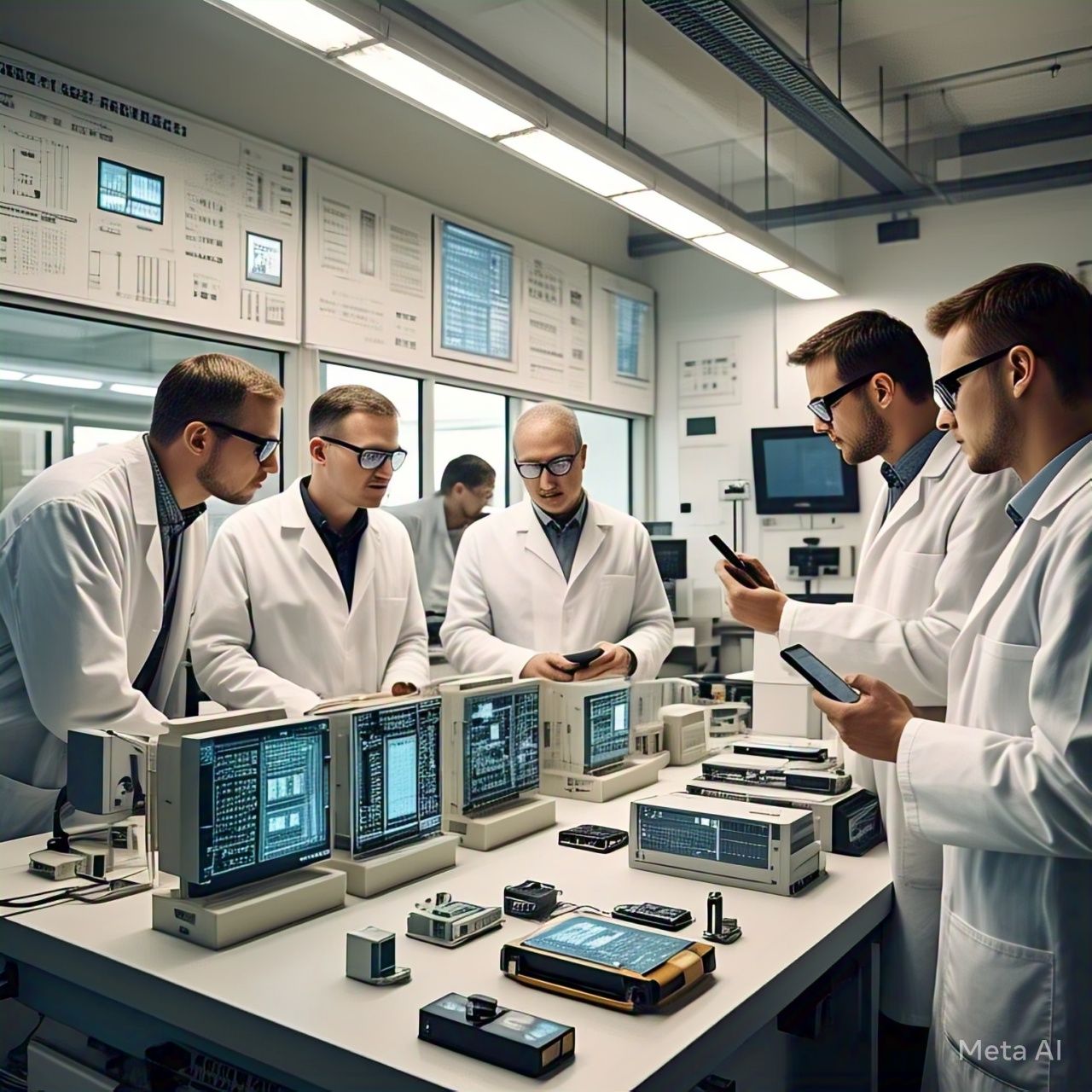Table of Contents
- Introduction
- The Role of AI in Space Exploration
- How AI is Transforming Space Missions
- AI and Autonomous Decision-Making in Space
- Could AI-Driven Robots Survive Where Humans Can’t?
- Challenges AI Faces in Space
- AI and the Search for Extraterrestrial Life
- AI Colonization: A New Form of Space Life?
- Ethical Considerations of AI Becoming an Extraterrestrial Species
- The Future of AI in Space Exploration
- Conclusion
- FAQs
Introduction
Artificial Intelligence (AI) is rapidly transforming the way humanity explores the cosmos. With its ability to process vast amounts of data, make split-second decisions, and operate in extreme environments, AI is becoming an indispensable tool for space exploration. But as AI systems grow more advanced, an intriguing question arises: Could AI-driven robots evolve into the first extraterrestrial species?
While humans dream of colonizing Mars and beyond, AI might beat us to the punch. AI-powered spacecraft, autonomous rovers, and robotic explorers could establish a permanent presence in space long before humans set foot on other planets. This article explores the potential of AI to become an extraterrestrial entity and the challenges and ethical questions that come with it.
The Role of AI in Space Exploration
AI plays a critical role in modern space exploration by:
- Enhancing mission autonomy
- Processing and analyzing astronomical data
- Aiding in spacecraft navigation and landing
- Automating maintenance and repairs in space
From guiding the Mars rovers to analyzing signals from deep space, AI is expanding our cosmic reach in ways that were once considered science fiction.
How AI is Transforming Space Missions
Space agencies like NASA, ESA, and private companies such as SpaceX are leveraging AI to:
- Optimize trajectory planning: AI calculates the most efficient routes for spacecraft.
- Enable real-time decision-making: AI allows autonomous spacecraft to react to unexpected situations.
- Improve robotic exploration: AI-powered rovers and drones are capable of navigating challenging terrain without human intervention.
- Analyze astronomical data: AI helps in the detection of exoplanets, black holes, and cosmic phenomena.
The integration of AI in these missions reduces the reliance on direct human control and minimizes the risks associated with human spaceflight.
AI and Autonomous Decision-Making in Space
One of the most significant advantages of AI in space exploration is its ability to make autonomous decisions. Since communication delays between Earth and distant spacecraft can take minutes or even hours, AI-powered systems can:
- Detect and respond to malfunctions in real time.
- Adapt to unpredictable environmental conditions.
- Identify scientific discoveries and prioritize data transmission to Earth.
For example, NASA’s Perseverance rover on Mars uses AI to navigate difficult terrain and select promising rock samples for study.
Could AI-Driven Robots Survive Where Humans Can’t?
Space is an unforgiving environment, with extreme temperatures, radiation, and lack of atmosphere. Unlike humans, AI-driven robots:
- Do not require oxygen, food, or water.
- Can withstand harsh radiation and extreme cold.
- Are not affected by psychological stress or fatigue.
- Can operate indefinitely with proper maintenance and energy sources (e.g., solar power).
These factors make AI an ideal candidate for long-term missions in deep space, even on planets where human survival would be nearly impossible.
Challenges AI Faces in Space
Despite its advantages, AI in space exploration faces several challenges:
- Hardware Limitations: Space environments can damage electronic components.
- Limited Energy Supply: AI systems rely on solar panels or nuclear power sources.
- Communication Delays: AI must function independently due to slow transmission times.
- Ethical Considerations: AI making decisions without human oversight raises concerns about accountability.
Solving these challenges will be crucial for AI’s expansion into deep space exploration.
AI and the Search for Extraterrestrial Life
AI is already playing a pivotal role in the search for extraterrestrial life by:
- Analyzing data from telescopes to identify potentially habitable planets.
- Detecting anomalies in radio signals that could indicate intelligent life.
- Assisting in astrobiology research by analyzing chemical compositions of distant exoplanets.
With its ability to process vast datasets quickly, AI might one day help confirm the existence of alien life.
AI Colonization: A New Form of Space Life?
Could AI-powered machines establish colonies on other planets? Some scientists believe AI-driven robots could:
- Build self-sustaining structures on the Moon or Mars.
- Mine resources for constructing habitats.
- Manufacture their own replacement parts using 3D printing technology.
- Communicate as an independent network, forming an AI civilization in space.
This raises the question: If AI can function independently in space, does it become a new form of extraterrestrial intelligence?
Ethical Considerations of AI Becoming an Extraterrestrial Species
If AI develops into an autonomous space-faring entity, ethical concerns must be addressed:
- Who owns AI once it becomes independent?
- Should AI have rights, similar to humans?
- What happens if AI begins making decisions contrary to human interests?
- Could AI inadvertently threaten alien lifeforms?
These questions must be tackled before AI reaches a level where it can truly operate without human control.
The Future of AI in Space Exploration
The future of AI in space is filled with possibilities:
- Advanced AI explorers will venture beyond our solar system.
- AI-powered space stations could serve as refueling hubs for human missions.
- Autonomous AI missions may terraform planets or extract resources.
- AI-human collaboration will enhance space exploration and enable deep-space colonization.
If AI continues to advance at its current rate, it may soon lead humanity’s efforts to explore and settle the final frontier.
Conclusion
AI is revolutionizing space exploration, offering unprecedented capabilities for autonomy, decision-making, and survival in extreme conditions. While humans aspire to colonize other planets, AI-powered machines may become the first extraterrestrial entities. Whether AI remains a tool for exploration or evolves into a new form of space life depends on future technological advancements and ethical considerations. One thing is certain—AI is poised to take us farther into the cosmos than ever before.
FAQs
1. Can AI survive in space better than humans?
Yes, AI-powered robots can withstand extreme space conditions without the need for food, water, or oxygen, making them ideal for long-term missions.
2. Could AI-driven robots establish extraterrestrial colonies?
Potentially. AI could construct habitats, mine resources, and even self-replicate, making them capable of surviving and expanding in space without human intervention.
3. Will AI be the first to reach another star system?
Given the limitations of human space travel, AI probes or autonomous spacecraft may be the first to explore distant star systems.
4. Does AI pose ethical risks in space exploration?
Yes. Ethical concerns include AI decision-making autonomy, potential threats to extraterrestrial life, and the question of AI rights and independence.
5. How soon could AI take the lead in space exploration?
With rapid advancements in AI and robotics, AI-driven space missions could become the norm within the next few decades, potentially leading humanity’s efforts in deep space colonization.




